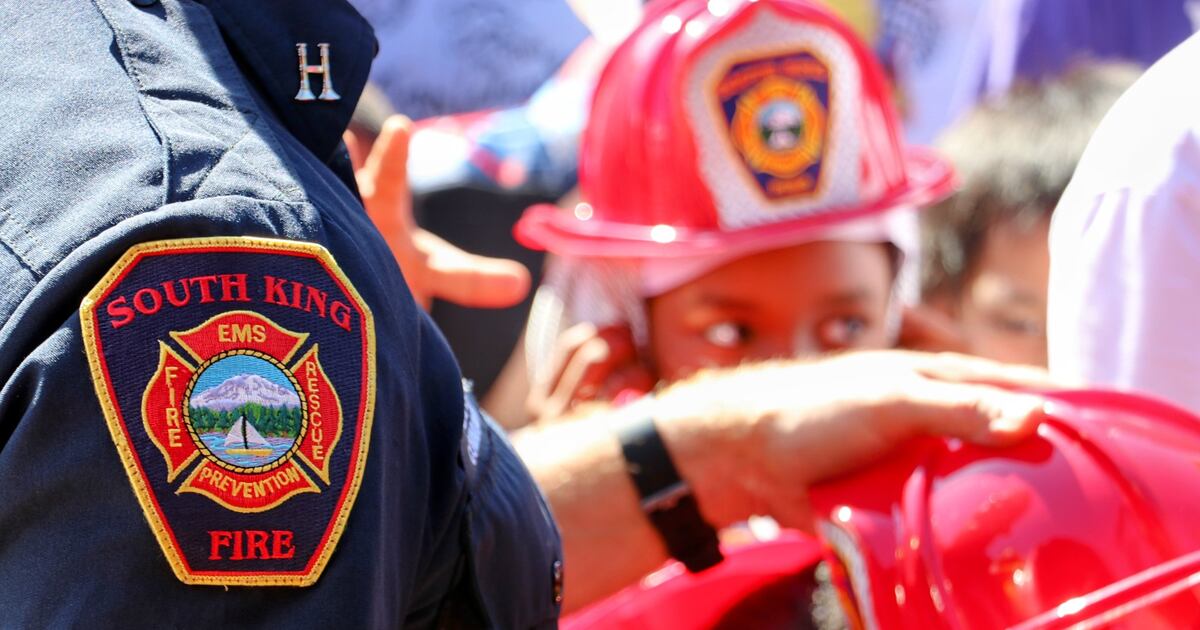Hi there! 🚗 Welcome to the Mobile Integrated Success Stories newsletter! Each week, we bring you the most inspiring breakthroughs and stories (plus a weekly bonus news bite) from the world of mobile-integrated healthcare and community paramedicine—delivered straight to your inbox. Here's to the first of many! 😊
Content Overview
San Antonio City Council Accepts $587K for Healthcare Programs (2-minute read)
Ohio State to Expand Mobile Response Service for Youth in Crisis (1-minute read)
Columbia implements overdose paramedic program using federal grant (1-minute read)
The Weekly Bite (2-minute read)

The San Antonio City Council has approved $587,802 from the Southwest Texas Regional Advisory Council for Trauma to fund the San Antonio Fire Department’s Mobile Integrated Healthcare EMS unit programs. The funds will be used for the Haven for Hope Acute Care Station program and the Program of Intensive Care Coordination. The Acute Care Station program provides medical support at Haven for Hope, a grant-funded homeless assistance facility. The Intensive Care Coordination program aims to reduce emergency detention orders and address psychiatric and social needs. These funds will cover expenses from Jan. 1, 2025, to Dec. 31, 2025, including personnel expenses, salary, training, and education.

South King Fire has introduced a new Mobile Integrated Healthcare (MIH) program in Federal Way to provide proactive, patient-centered care to the community. The initiative aims to enhance health and wellness beyond emergency response, offering services such as preventative care, complex care management, and health education. Staff will meet individuals where needed, generating nearly 400 contacts for service. Objectives include coordinating care and resources, reducing EMS utilization, mental health care, improving access to healthcare, and fall prevention. Key components include outreach through referral, home visits, collaborative care coordination, and data-driven decision-making. Deputy Chief Lisa Defenbaugh stated that the program's mission is to safeguard the community and enhance the quality of life through mobile resources.
Sponsored by: Julota thank you to our sponsors without your contributions this newsletter wouldn’t be possible

Mobile Integrated Health with Julota's MIH-CP Software
Empowering Community Paramedics to Deliver Smarter, More Connected Care.
Does your program deal with fragmented ePCR data, spreadsheets, and documentation? Julota’s MIH-CP software is designed to simplify and supercharge your data, enabling community paramedics to deliver more impactful care with ease. Here’s what we do:
Patient Insights: Monitor patient health, track outcomes, and coordinate care plans in real-time.
Reporting & Compliance: Save time with automated, compliant reporting.
Customization: Tailor processes to match the unique needs of your MIH program and community.
Secure Collaboration: Foster seamless, HIPAA and CFR-42 compliant communication.
Actionable Analytics: Leverage data-driven insights to improve program efficiency and patient outcomes.
We help you connect the dots between healthcare and social determinants of health with precision. Don’t just keep up with change—drive it.

Columbia has received a grant from the Substance Abuse and Mental Health Services Administration to fund a new team of paramedics trained to handle overdoses in Boone County. These community paramedics will provide longer on-scene care and discuss further treatment options with patients, including enrollment in rehabilitation programs. The program, managed by MU Health, aims to address the increasing number of drug overdose deaths in Missouri. With the partnership now confirmed, the city and MU Health are in the process of hiring certified paramedics to join the team. This initiative marks a significant step towards improving overdose response and access to long-term care options in the community.
The Weekly Bite:
Paramedics in Greater Victoria and Nanaimo are now able to take patients to urgent and primary care centres, sobering centres, and pharmacies, easing pressure on emergency departments and allowing for faster access to care.
Quote of the Week:
“‘Paramedics are super busy,’ Mundle said. ‘When they get dispatched to a call, they get to the call, they stabilize the scene and then they have to go to the next call.’”
Bonus points if you reply to this email and tell us which article this quote is from (this one’s a bit of a freebee).